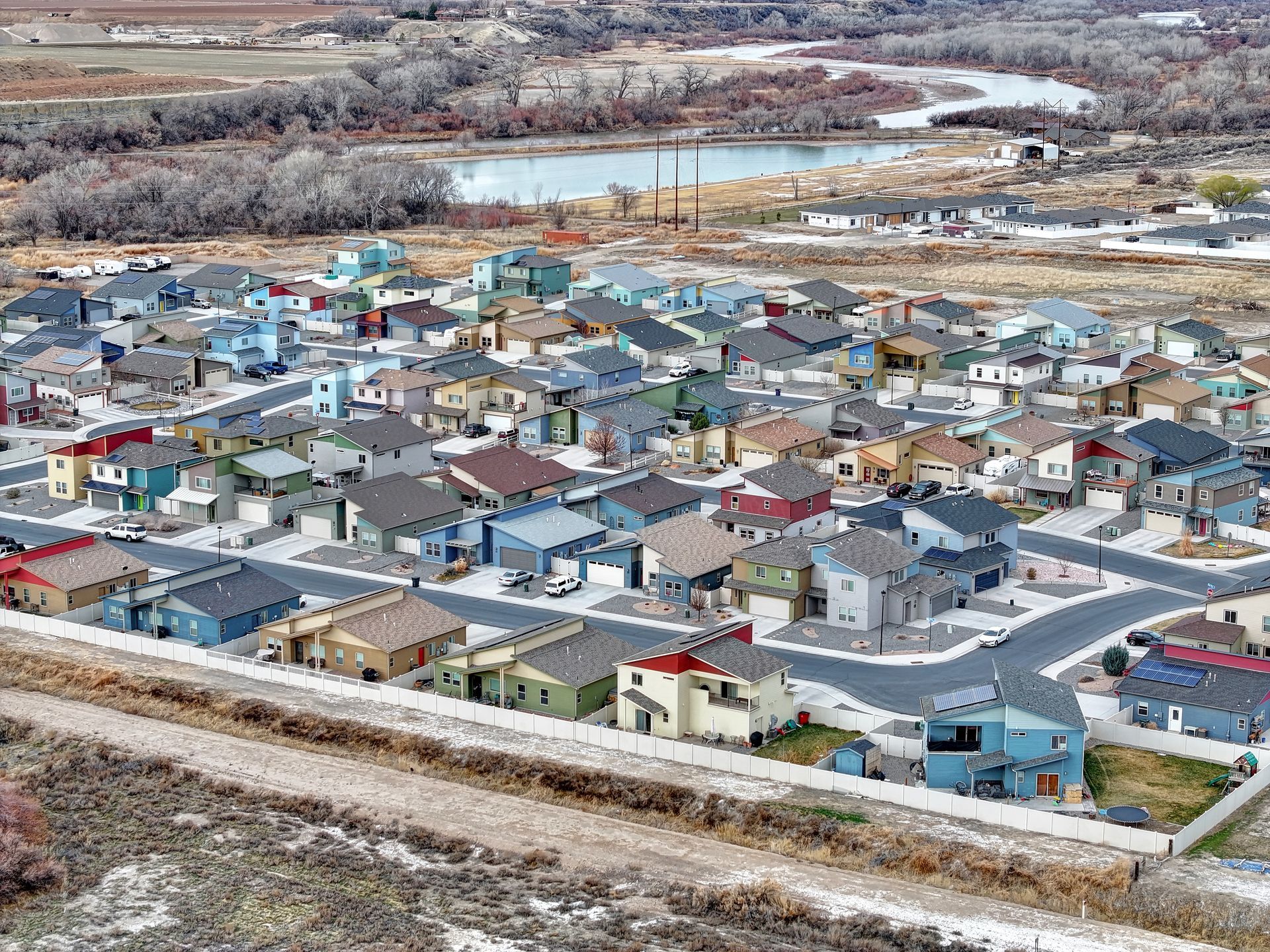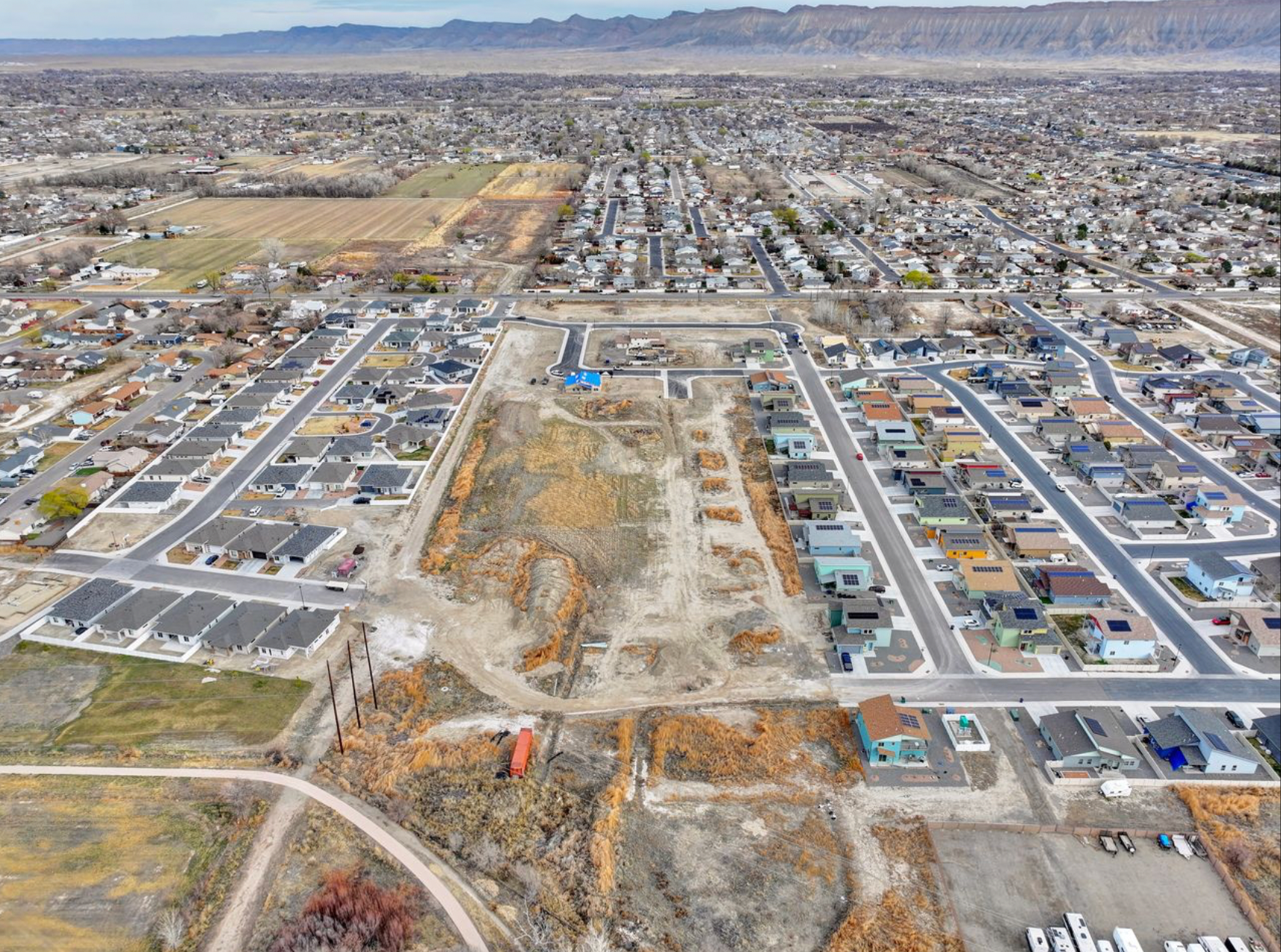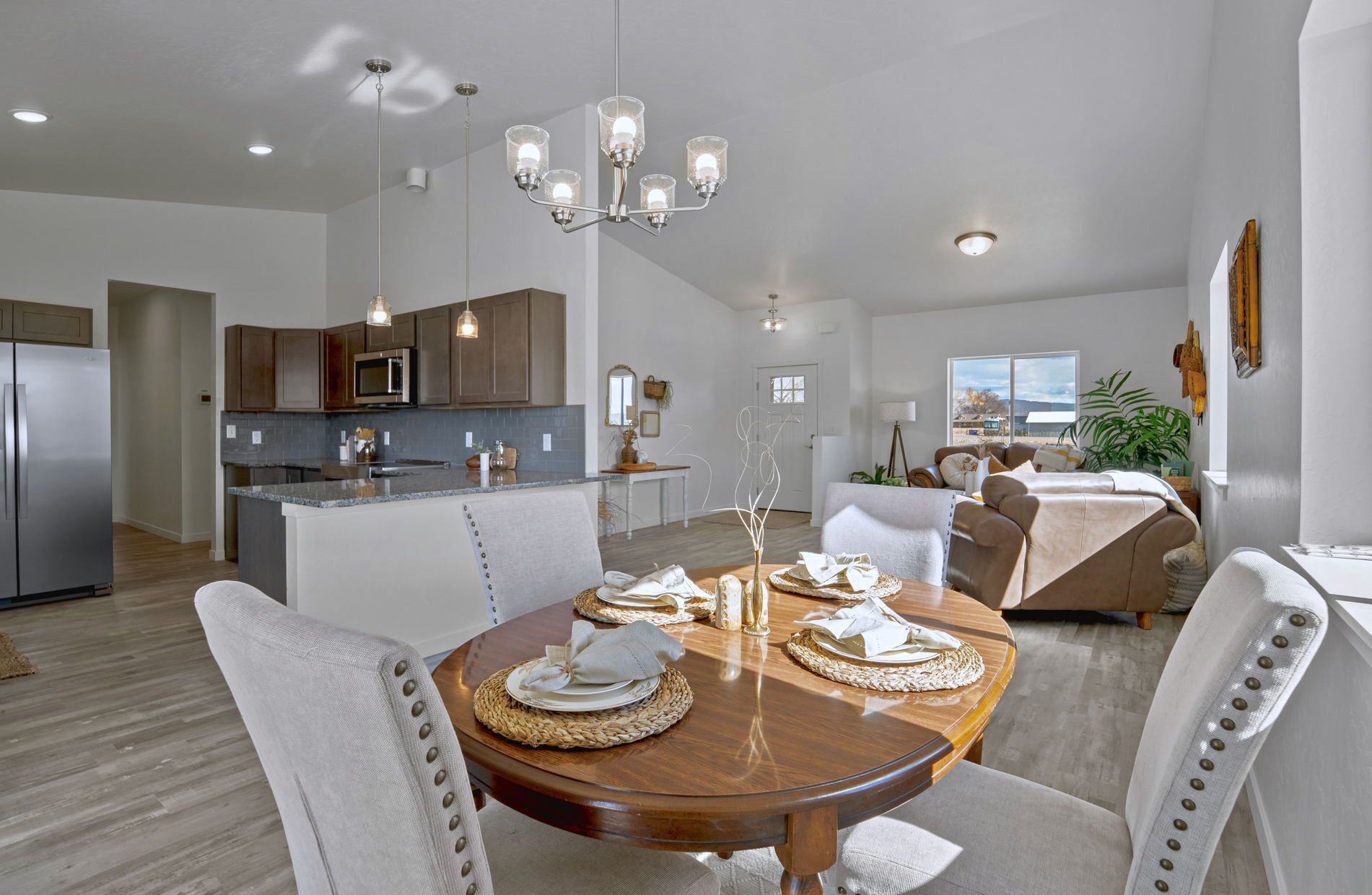FAQs About Energy Efficient Homes

At Senergy Builders, we’re a construction company dedicated to creating sustainable, energy efficient homes for the modern age. With a passion for environmental stewardship and cutting-edge construction techniques, we strive to revolutionize the way homes are built, making energy efficiency a top priority.
We are passionate about our mission to make the Western Slope a greener, happier place for all. In this blog, we want to take a moment to highlight some frequently asked questions about energy efficient homes. In doing so, we hope that we can get our vision of a more sustainable Grand Junction area across to members of our community. We do this for our environment, and we do it for you.
Let's take a look at some frequently asked questions about energy efficient homes, below.
What makes a home “energy efficient”?
A home is deemed energy efficient when it effectively minimizes energy waste while maintaining comfortable living conditions. This is achieved through various measures, including adequate insulation to reduce heat loss or gain, energy efficient appliances and lighting fixtures, well-sealed windows and doors to prevent drafts, and efficient heating, ventilation, and air conditioning (HVAC) systems.
Renewable energy sources like solar panels can further enhance energy efficiency by providing clean, sustainable power. Proper home design and orientation to leverage natural light and airflow also play crucial roles.
How do energy efficient homes help the environment?
By using less energy, they decrease the demand for power generation, which often relies on non-renewable resources like coal or natural gas, thereby lowering greenhouse gas emissions. The reduced energy consumption lessens the strain on natural resources and ecosystems associated with energy extraction and production. Due to this, energy efficient homes contribute to a more sustainable and environmentally friendly built environment, aligning with efforts to combat climate change and preserve our planet for future generations.
What are the advantages of an energy efficient home?
We’re so glad you asked, because, buckle up, there’s a lot! Energy efficient homes offer a multitude of advantages to homeowners and the environment alike.
Firstly, they provide significant cost savings by lowering utility bills through reduced energy consumption for heating, cooling, and electricity.
Secondly, these homes often boast superior comfort levels with more consistent temperatures and improved indoor air quality, fostering healthier living environments.
Thirdly, energy-efficient features enhance property value and marketability, appealing to environmentally conscious buyers and potentially yielding higher resale values. Beyond personal benefits, these homes play a crucial role in reducing carbon emissions and mitigating environmental impact by decreasing reliance on fossil fuels for energy generation.
Overall, investing in an energy-efficient home not only yields financial savings and enhanced comfort but also contributes to a more sustainable future for both individuals and the planet.
Can I make an existing home more efficient?
The answer to this is always a yes! You can never go too green! From upgrading your windows and insulation to adding weather stripping and more energy friendly lighting, fixtures, and appliances. At Senergy Builders, we have several energy conscious
heating and cooling appliances to show for their remarkable (and comfortable!) work!
What building shape is the most efficient?
In terms of optimal building designs for efficiency, uncomplicated dome and cube structures excel at retaining heat. This is attributed to the dome's efficient air circulation and the cube's minimal surface area to floor area ratio, which results in minimal heat loss. Cube-shaped homes, exemplified by Art Deco buildings, 1930s semi-detached houses, 1990s new build properties, and modern minimalist homes, typify this efficient design approach.
It is important to note that at Senergy Builders, we not only care about energy efficiency, but your vision and style of your dream home. We find a way to make all structures work together in favor of the environment and your forever home!

Do energy-efficient homes require special maintenance?
While energy-efficient homes may require some specialized maintenance, such as regular servicing of energy-efficient appliances and HVAC systems, they generally require less maintenance overall compared to traditional homes.
What is a “thermal envelope”?
Constructing a home with a well-sealed thermal envelope offers benefits beyond immediate energy savings. Not only does it decrease current energy consumption and bills, but it also enhances long-term property value. The thermal envelope encompasses various components such as the roof, foundation, insulation, doors, windows, and exterior walls, which serve to separate indoor and outdoor air.
By minimizing air transfer, these elements prevent the wasteful loss of cooled or heated air, ensuring that the efforts of your air conditioner or heater are not in vain. While you can take steps to improve the thermal envelope in an existing home, it is not as effective as building with this intent in the first place.
What is ENERGY STAR?
ENERGY STAR is a program developed by the United States Environmental Protection Agency (EPA) to promote energy efficiency and reduce greenhouse gas emissions. ENERGY STAR certified homes meet strict energy efficiency guidelines set by the EPA. These homes are typically more comfortable, have lower utility costs, and contribute to a healthier environment. At Senergy Builders, we are proud to state that all of our homes reach ENERGY STAR standards.
Choose Senergy Builders
Thank you for taking the time to read our blog on frequently asked questions about energy efficient homes. We hope you found the information valuable and insightful.
At Senergy Builders, we're passionate about promoting sustainability and helping homeowners make informed choices that benefit both their wallets and the planet. By prioritizing energy efficiency in home construction, we believe we can make a significant difference in reducing carbon emissions and building a more sustainable future in Grand Junction.
If you have any further questions or would like to learn more about our services, please don't hesitate to reach out. You can check out our website, other blogs, and even contact us at 970.248.8500.
Thank you again for your interest in sustainable living, and we look forward to connecting with you soon!
Simply better, simply smarter.
You might also like




